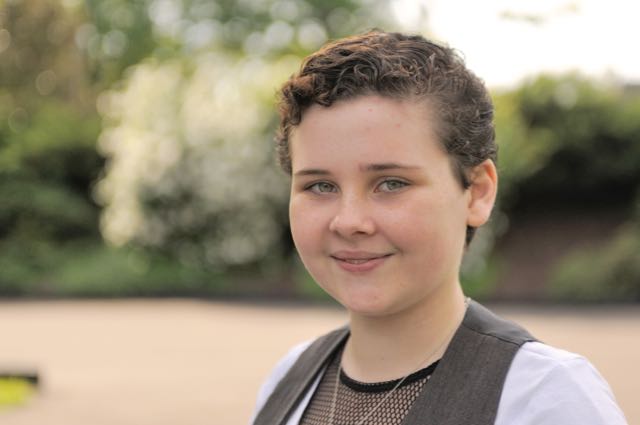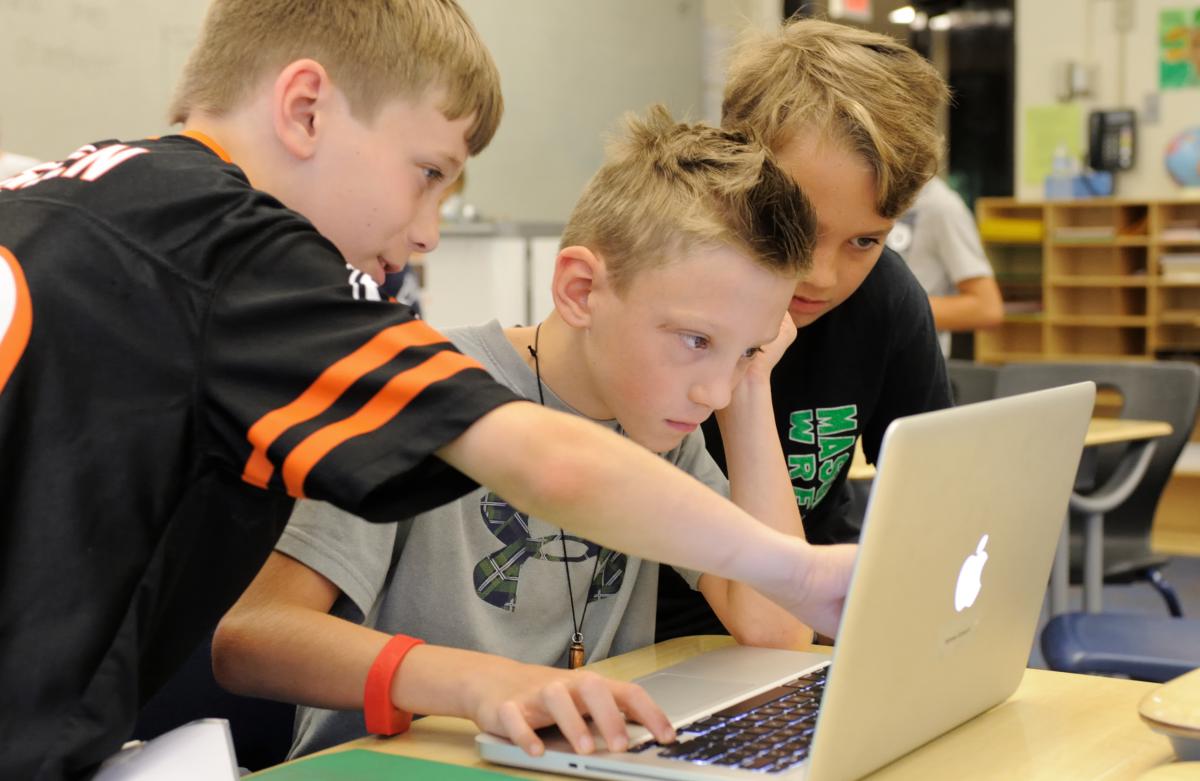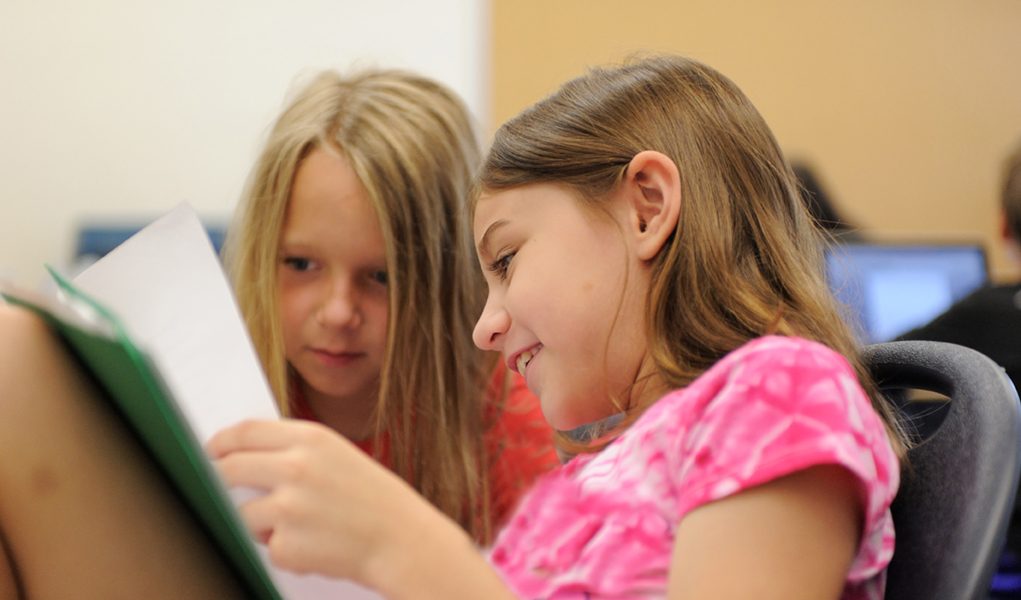
A Middle School Miracle
June 7, 2016
Summer Strategies for Success
July 13, 2016
Adventures in Summer Learning, Springer’s summer program for struggling students, is in its third week, and students in first grade to eighth are coming to know themselves as learners, and gaining tools and strategies for success.
In Debbie Elbert’s writing classes, students have engaged in honest conversations about what it feels like to manage school with a learning disability. They wrote out their thoughts and feelings in essays that capture the frustration and isolation many of them feel.
What would it feel like to have a learning disability? Perhaps these excerpts from student essays will help us to understand.
I’m sad that I can’t write well. It is hard to use my memory. I get tired and confused. ~ Hayden
This is what it looks like when I try to read: Qwerc sfccvtgdszx rvcxxsvfthv dtgvdfvcv rgdcg5fv frrgvcc ddddtfcvt amd tte bog rea. It makes me feel bad because kids make fun of me. ~ Campbell
Dyslexia doesn’t make you dumb; it means you learn differently. Dyslexia makes it harder to spell words, to read books and to write a lot of words. ~ Clara
When I read with my friends and it is the same book, they’ll be so far and I’ll be so far behind. It makes me feel weird and strange. When there is a writing assignment, I feel not confident. ~ Uman
Other kids get work done in ten minutes. I get it done in four hours. I go to bed at 12:00 a.m., which makes me tired at school, which makes school hard. ~ Justin
Sometimes when I read, words are hard to say. Typing can sometimes be hard, and math and writing. Sometimes I get confused and mad. To calm down, I just take a deep breath. ~ Rachel
ADHD makes me forget what to do, makes it harder to focus, makes me confused and makes me need to rehear it. ~ Tanner
My friends are always teasing me because I have ADHD. They say, “You can’t play. You are scared because you know you’re slow and weak. You can never do this; you can not do that.” It’s really frustrating, and so I cry, which makes things worse. It makes me feel mad, sad, frustrated, excluded, and that I should just give up. ~ Nathan

Having these conversations and writing these essays helped the students to better understand themselves, and it helped them to know they are not alone. Both are first steps toward owning their learning difficulties, discovering what they need to be successful and becoming advocates for themselves in school.
Blogger Mary Ann Mulcahey, PhD, shares her expertise in assessment and diagnosis of learning disabilities and ADHD, and the social/emotional adjustment to those issues. If you have questions, please contact Mary Ann at .



